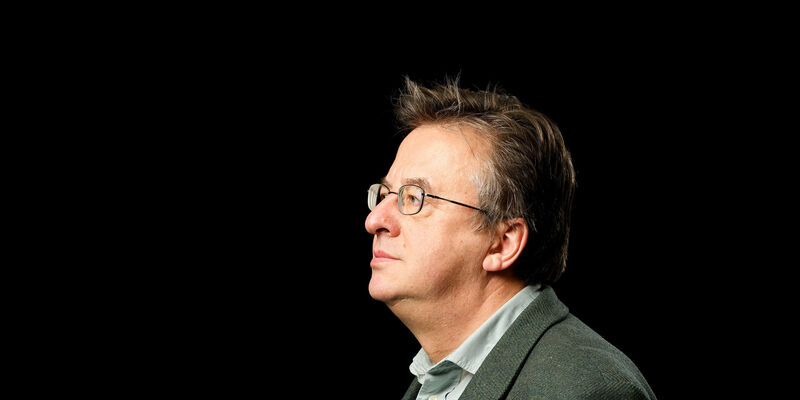Explorers across cultures
Explorers have always existed from remote to modern times, and they can be found everywhere in the world. From ancients times we recall the Egyptians, Romans, Greeks or Persians just to name a few. Later we heard of Attila, the Vikings, Venetians, Spaniards, Portuguese, Dutch and English from Europe, but there’s also evidence that Chinese explorers had discovered most parts of the world by the mid-15th century.
Anyway, exploring, and also often conquering new lands, seas or nowadays the cosmos, is part of our DNA. The reason why we’ve done so is dual: either for survival purposes, looking for new lands to cultivate or new markets to trade (Vikings, Dutch sailors, etc.), or for prestige (Columbus) or religious motives (crusaders, missionaries), often an excuse for purely economic reasons (all of the above!).
The drive people have had to constantly explore new areas is related to the classical time trilogy of past, present and future. This chronology can be represented by circles that rarely stand alone and are often interwoven. The bigger the circle, the bigger that time period in the nation’s perception.
The Greeks have had a great past, but an uncertain future
Exploring is an activity that’s predominantly future-oriented. The great explorations we know about in history took place during the economic apogee of those nations involved (Romans, Persians, Venetians, Portuguese, etc.) with a clear future-orientation, because by doing so, they created a great past for their generations to come. Take the Greeks, they’ve had a great past (big circle), but their present and future is uncertain (smaller circles).
By contrast, China is a striking example of three big interwoven circles: a great past, an exciting present and a very promising future, as experienced by the young generation Chinese students we’re privileged to host at TU/e.
Explorer as a navigator
Finally, the US Americans are the prototype of a strong future orientation (big circle, and small one for their short past as a country) that shows in their enormous drive to explore new areas of science and creating many innovative systems across the globe and in space discovery. Consider this: in the 17th century the Dutch V.O.C. explorers had a compass to navigate, in the 21st century I use Explorer as a navigator (which doesn’t make me an explorer)!

Discussion